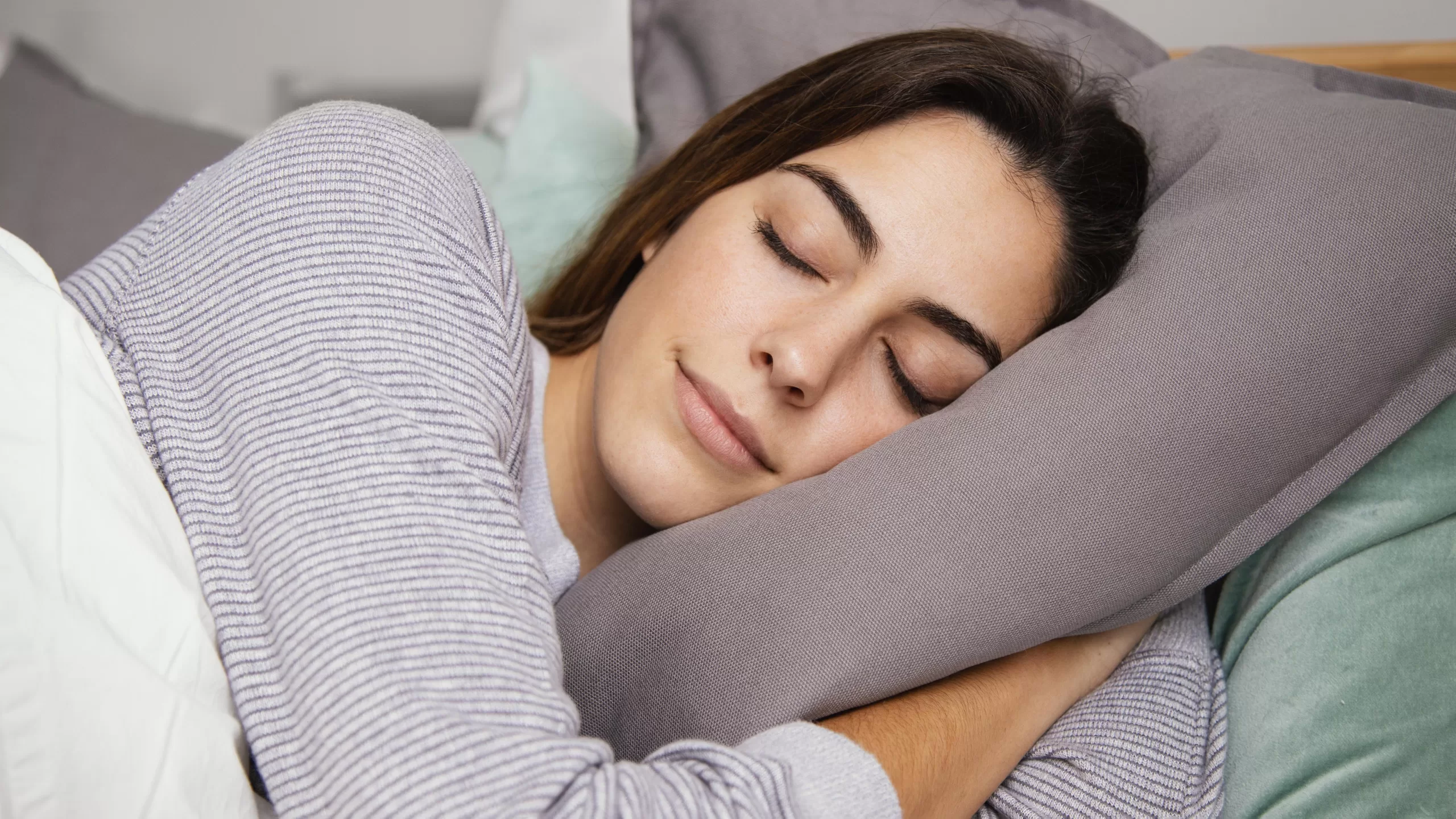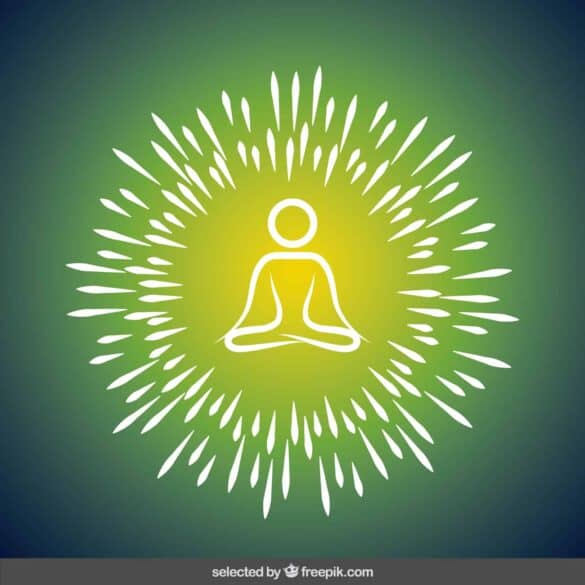Quality sleep doesn’t matter much unless you’ve reached a certain age. Not until then do you truly appreciate and need to get the aloof quality sleep.
If you’re reading this, you know you can no longer get by on coffee, energy drinks, and quick sugar fixes to get you through the day. You are tired of being tired all the time. Of course, there are other reasons for having this feeling, but the number one reason begins with sleep quality.
You may take melatonin, drink sleepy-time tea, or try different sleep techniques to get to bed quickly and stay asleep all night. If these aren’t working for you, there are several reasons why. You can read more about that here 10 Tips to Falling Asleep. You can also try some other alternative sleep methods like earthing/grounding.
Sleep Quality Tip:
If you own an Apple watch, wear it at night to get your sleep pattern. The app data is sent to your Apple Health, where you can view the info. I found it helpful in determining how much sleep I need. On the days I woke up sleepy, I slept less than 7 hours. I slept between 8-9 hours on the days I felt well rested.
Everyone will be different, but the exciting thing is that it shows you the sleep cycle you achieved during your sleep. Maybe that’s only interesting to me, but if you are curious, try it. It will help you make adjustments to your sleep pattern.
It’s also important to know the four sleep stages you aim for every night.
The following is an article on the stages of sleep that we need at night. It’s crucial to your well-being to reach all the sleep phases.
Greg Lindberg Breaks Down the Various Stages of Quality Sleep
Orlando, Florida (September 15, 2023) – In today’s fast-paced world, the importance of a good night’s sleep cannot be overstated. Sleep is not merely a period of rest; it is a complex process with distinct stages that are crucial for physical and mental well-being.
Health care experts suggest that poor sleep habits, stress, and sleep disorders can lead to health consequences, including cognitive impairment, mood disorders, and an increased risk of chronic diseases.
Wellness Advocate Greg Lindberg helps break down the stages of sleep that can help individuals be healthier, happier and more productive every day.
Stage One – The Transition Phase
This initial stage of sleep is considered the brief period of drowsiness as people drift from wakefulness to sleep. This is when the muscle activity decreases, and people can experience fleeting sensations or thoughts. Lindberg says that during this stage people can get energized and refreshed, allowing them to stay focused and be productive.
“Even if you go into stage one sleep or take a 20-minute power nap, you can dramatically improve your ability to memorize, absorb details, and handle social situations,” said Lindberg.
Stage Two – Light Sleep
People can experience the majority of the sleep cycle during this stage. The brain wave activity and eye movements slow down, getting the body into light sleep. Lindberg said people can fall asleep during this time, but they can easily wake up.
Stage Three – Deep Sleep
Stage three, also known as slow-wave sleep, can play a vital role in the cycle of the physical and mental restoration. In stage three, the body’s blood pressure drops, breathing slows and muscles go into full relaxation.
“During deep sleep, the body starts to repair, rejuvenate and restore itself, giving you the chance to feel refreshed, relaxed and ready to take on the challenges of the day,” said Lindberg.
REM (Rapid Eye Movement) Sleep
REM sleep allows the body to go into the deepest sleep. This is when most vivid dreaming occurs, and brain activity spikes.
“This stage is crucial for cognitive function and emotional well-being,” said Lindberg. “I sleep about eight to 10 hours per night, and this allows me to feel better physically, mentally and emotionally.”
Take Away
Lindberg says there are some simple ways to improve sleep quality, including establishing a regular sleep schedule, creating a comfortable sleep environment, limiting exposure to digital devices before bedtime, and managing stress through relaxation techniques. If sleep issues persist, it’s important to speak to a health care provider.
To learn more about wellness, visit Lifelonglabs.com/Newsroom.
About Lifelong Labs
Lifelong Labs is a wellness, longevity and leadership brand which provide science-based information and programs on fasting, cold exposure, exercise, nutrition, hormesis, sleep, mental wellness, leadership, career, and more. The company, launched in 2023, works with trusted health and wellness experts to provide guidance that is science-based, safe, effective and attainable. The brand connects with audiences through its website, newsletters, subscription-based programs and social media platforms. To learn more, visit LifelongLabs.com.
Image by:
Freepik




After reading you blog post I agreed with all the content in this blog. Unfortunately I am one of those persons who does not sleep say an average 4 hours per night. I have follow every possible advice given, take sleeping aid, etc., but I am just a poor sleeper. How do you manage to sleep 10 hours per night. Wow! can you give the recipe. A very informative blog post, though.
I know 10 hours can seem like a lot but really if you’re in bed early it’s not that hard. Perhaps 8 hours works better for you. I have to be disciplined enough to put my phone down by 8:30 or 9:00 and read a book. Normally within 15 minutes at most I’m asleep. You can try relaxation techniques that will calm your body and get you ready for bed. I also use magensium lotion and supplements to help me fall asleep. I’m also a stickler for having a completely dark room. I don’t like any light or it will keep me awake. Try different things to find what works for you! Happy sleeping.
What a thrilling post. It is extremely chock-full of useful information. Thanks for such great info.